Postcard From the Pandemic: Zoom Teaching
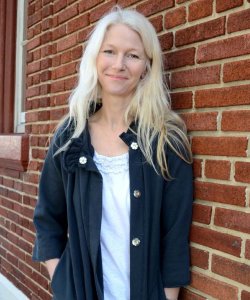
An adjunct professor at the University of San Francisco writes about transitioning to online learning after her physical classroom was closed.
Jump to navigation Skip to content
Articles from Poet & Writers Magazine include material from the print edition plus exclusive online-only material.

An adjunct professor at the University of San Francisco writes about transitioning to online learning after her physical classroom was closed.

The coronavirus pandemic has radically disrupted the book business, setting off waves of bookstore closures and book festival cancellations, so authors and booksellers are teaming up to shift live events online.
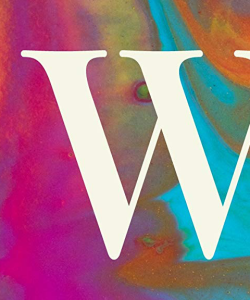
Lynn Steger Strong’s Want, forthcoming from Henry Holt and Company on July 7, 2020.
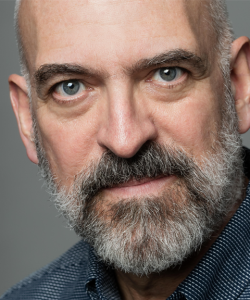
“Work that’s good, that’s itself, eventually gets seen.” —Paul Lisicky, author of Later

Emma Copley Eisenberg finds inspiration on the open road, driving more than ten thousand miles in three months.
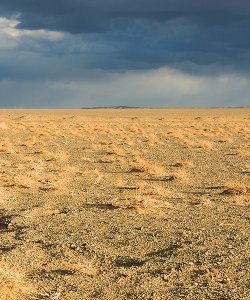
The author of more than thirty books of fiction and nonfiction imagines how a world without writing might function.
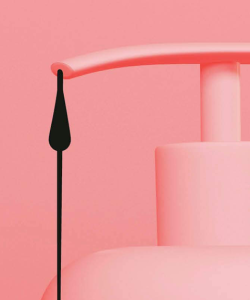
Leigh Stein’s Self Care, forthcoming from Penguin Books on June 30, 2020.
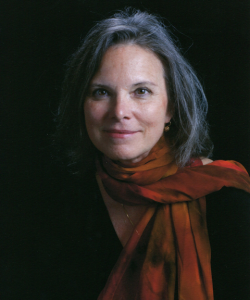
“The greatest challenge was in recognizing which poems belonged to this book and which did not.” —Carolyn Forché, author of In the Lateness of the World
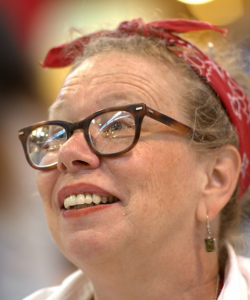
Emma Copley Eisenberg borrows a creative exercise from beloved writer and comics artist Lynda Barry.
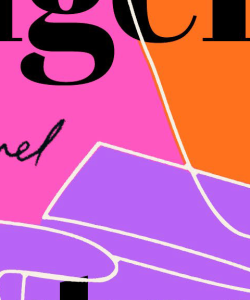
J. Courtney Sullivan’s Friends and Strangers, forthcoming from Knopf on June 23, 2020.
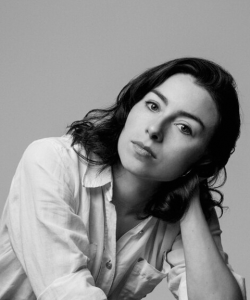
“I find the notion of being ‘a writer’ ephemeral and fraught, while ‘someone who wrote today’ feels straightforward and manageable.” —Jordan Kisner, author of Thin Places
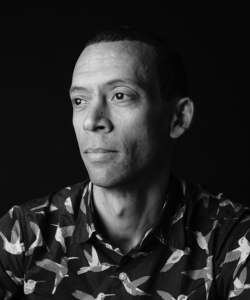
“There’s no shortcut. Not for anything.” —Kawai Strong Washburn, author of Sharks in the Time of Saviors
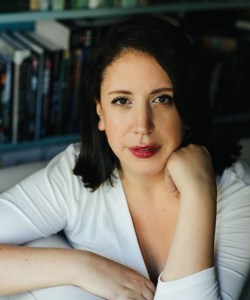
The author of the debut novel Temporary discusses how impermanent work affects the soul.
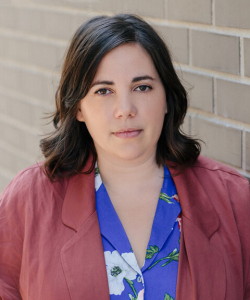
“You ask the right person the right question at the right time, and they’ll tell you something that has never before been told in the history of the world.” Emma Copley Eisenberg celebrates the magic of reporting as a research tool.
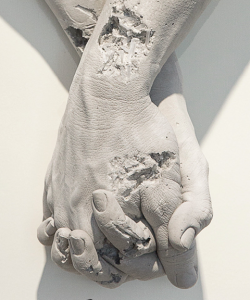
Imbolo Mbue’s How Beautiful We Were, forthcoming from Random House on June 16, 2020. Editor’s Note: This book’s publication date has been postponed.
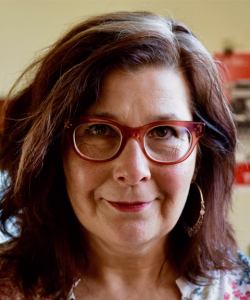
“At the heart of it, writing is about connection—to yourself, to those you love, and then, hopefully, to others.” —Nancy Krygowski, author of The Woman in the Corner
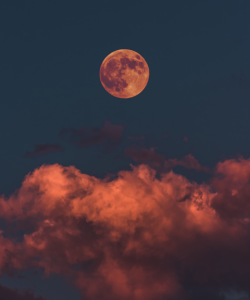
Emma Copley Eisenberg remembers her introduction to the tarot and shares how the cards became an integral part of her writing process.
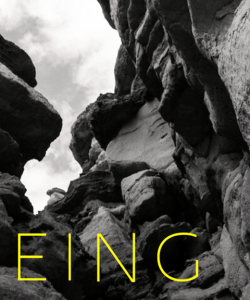
Rachel Eliza Griffiths’ Seeing the Body, forthcoming from W. W. Norton on June 9, 2020.
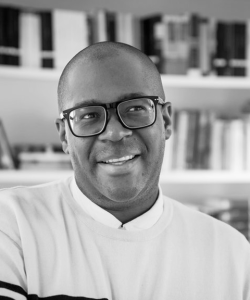
“For a while, I was most productive at night, then mornings. Now it’s just whenever there’s a moment.” —Brandon Taylor, author of Real Life

Laura van den Berg’s I Hold a Wolf by the Ears, forthcoming from Farrar, Straus and Giroux on June 9, 2020. Editor’s Note: This book’s publication date has been postponed to July 28, 2020.

In the second installment in a yearlong series on publishing professionals, four publicists describe the challenges of their job in the digital age.
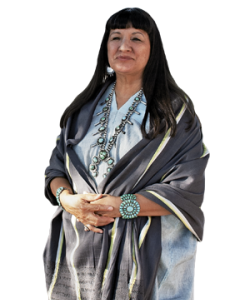
The author of The House on Mango Street on the origins and impact of the Macondo Writers Workshop, which has brought together writers who are activists for twenty-five years.

Artist Basia Irland carves book sculptures out of ice and embeds them with seeds that populate riverbanks when the sculptures melt.
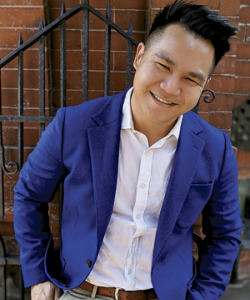
An author recommends five journals that published poems from his debut collection, The Gutter Spread Guide to Prayer.

A research project called Prismatic Jane Eyre compares the many translations of Charlotte Brontë’s classic novel, studying the ways each reflects the culture in which it was created.